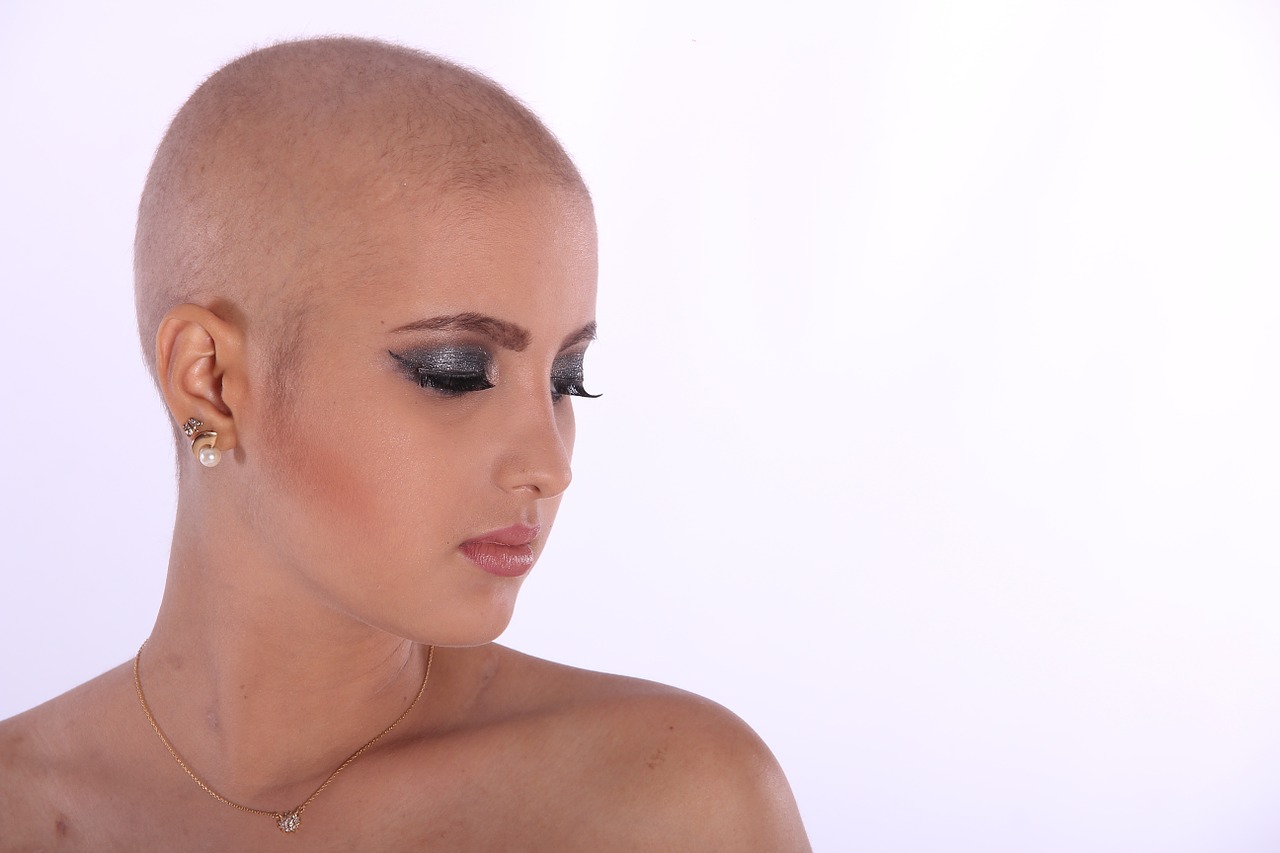5 Common Side Effects of Hair Transplant Surgery
If you consider hair transplant surgery, it is essential to be aware of the potential side effects. Although the surgery is deemed safe and relatively low risk, some common side effects may occur. This blog post will discuss 11 of the most common side effects of hair transplant surgery.
Bleeding
 One of the most common side effects of hair transplant surgery is bleeding. This typically occurs during or after the surgery and can result in bruising and swelling. If you experience significant bleeding, contact your surgeon immediately.
One of the most common side effects of hair transplant surgery is bleeding. This typically occurs during or after the surgery and can result in bruising and swelling. If you experience significant bleeding, contact your surgeon immediately.
Swelling
Another common side effect of hair transplant surgery is swelling. This typically occurs where the surgery was performed and can last for several days or weeks. Swelling may be accompanied by pain, discomfort, and a feeling of tightness.
Infection
Infection is a rare but potential side effect of hair transplant surgery. Contact your surgeon immediately if you experience any signs of infection, such as fever, redness, or discharge. You can also help reduce your risk of infection by carefully following your surgeon’s instructions.
Scarring
Scarring is another potential side effect of hair transplant surgery. Although most scars are barely noticeable, some may be more prominent. If you are concerned about scarring, discuss this with your surgeon before the surgery. This is normal and usually fades over time. You can put some pressure on the area to help it heal faster. You will also have a follow-up appointment with your surgeon so that you can address any concerns or questions. It is essential to keep all appointments and follow your surgeon carefully to ensure a successful outcome from hair transplant surgery.
Numbness or Tingling Sensation
 Some people experience numbness or a tingling sensation after hair transplant surgery. This is usually temporary and should dissipate within a few weeks. However, if the sensation persists or becomes bothersome, contact your surgeon. It is essential to keep in mind that everyone experiences side effects differently, so not everyone will experience all of these side effects. If you are concerned about any side effects, contact your surgeon for more information. If you consider getting a hair transplant, it is essential to know the possible side effects that can last months or even years after the procedure has been completed.
Some people experience numbness or a tingling sensation after hair transplant surgery. This is usually temporary and should dissipate within a few weeks. However, if the sensation persists or becomes bothersome, contact your surgeon. It is essential to keep in mind that everyone experiences side effects differently, so not everyone will experience all of these side effects. If you are concerned about any side effects, contact your surgeon for more information. If you consider getting a hair transplant, it is essential to know the possible side effects that can last months or even years after the procedure has been completed.
These include increased risk of infection and scarring, pain in the donor area following surgery, discomfort during the healing process, and asymmetry in appearance due to uneven distribution of transplanted follicles across the scalp (which will require additional procedures). The stimulation of new balding at surgical sites, the need for future maintenance sessions with the surgeon, cost considerations- including how much time off work you’ll need you’ll and after your procedure, as well as potential long-term costs associated with medications that counteract rejection reactions.…

